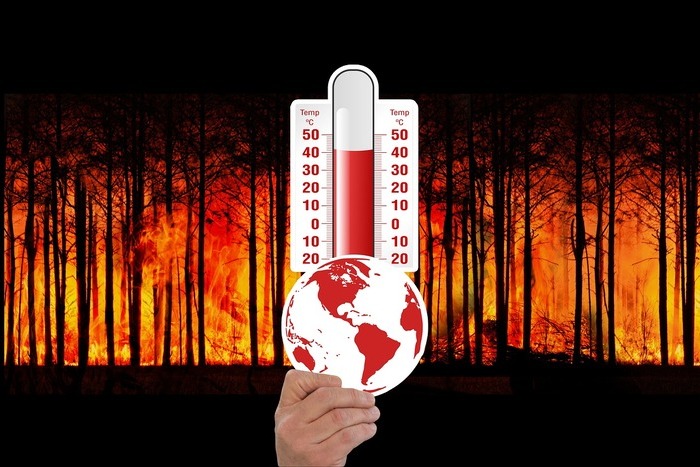Study across 68 countries finds stronger policy backing when people associate climate events with climate change, with support highest in North America and Europe
A new report found that most people are more likely to support climate policies if they see a connection between extreme weather and climate change. The report, titled “Extreme weather event attribution: climate policy support across the world” by Nature, collected data from 68 countries and surveyed over 71,000 people.
The study found that the relationship between this linking and policy support was significantly stronger in North America, Australia, and in several European countries than the mean global effect, and significantly weaker in Peru and South Africa.
The study analysed the support for the following five climate policies: increasing taxes on carbon-intense foods, raising taxes on fossil fuels, expanding infrastructure for public transportation, increasing the use of sustainable energy, and protecting forested and land areas.
Policies like increasing taxes on carbon-intense food and fossil fuels were the least popular policies among the people, while support for policies like protecting forested and land areas and increasing the use of sustainable energy was the most popular.
The study showed that countries experiencing wildfires showed greater support for climate policies because of the visible damage and health concerns, making the link to climate change more apparent. Heavy precipitation was the exception as heavy rainfall isn’t as commonly linked to climate change in public perception, unlike other events.
The study found that women, older people, more religious individuals, those with higher education and income, those who lived in urban areas, and those who were politically liberal or left-leaning were more likely to make this connection.
Implications
The study highlighted that for people to support climate policies, it’s crucial that they connect extreme weather events they experience (or hear about) to climate change. This suggested that communication efforts should focus on helping the public understand and attribute specific extreme weather events to climate change, especially for events like heavy precipitation that aren’t typically linked in public perception.
The study also recommended that future research should consistently assess subjective attribution when identifying the link between extreme weather experience and mitigation behaviour.
The study also mentioned that more work needed to be done in the global south countries to communicate mextreme weather events and their linkages to climate change.


